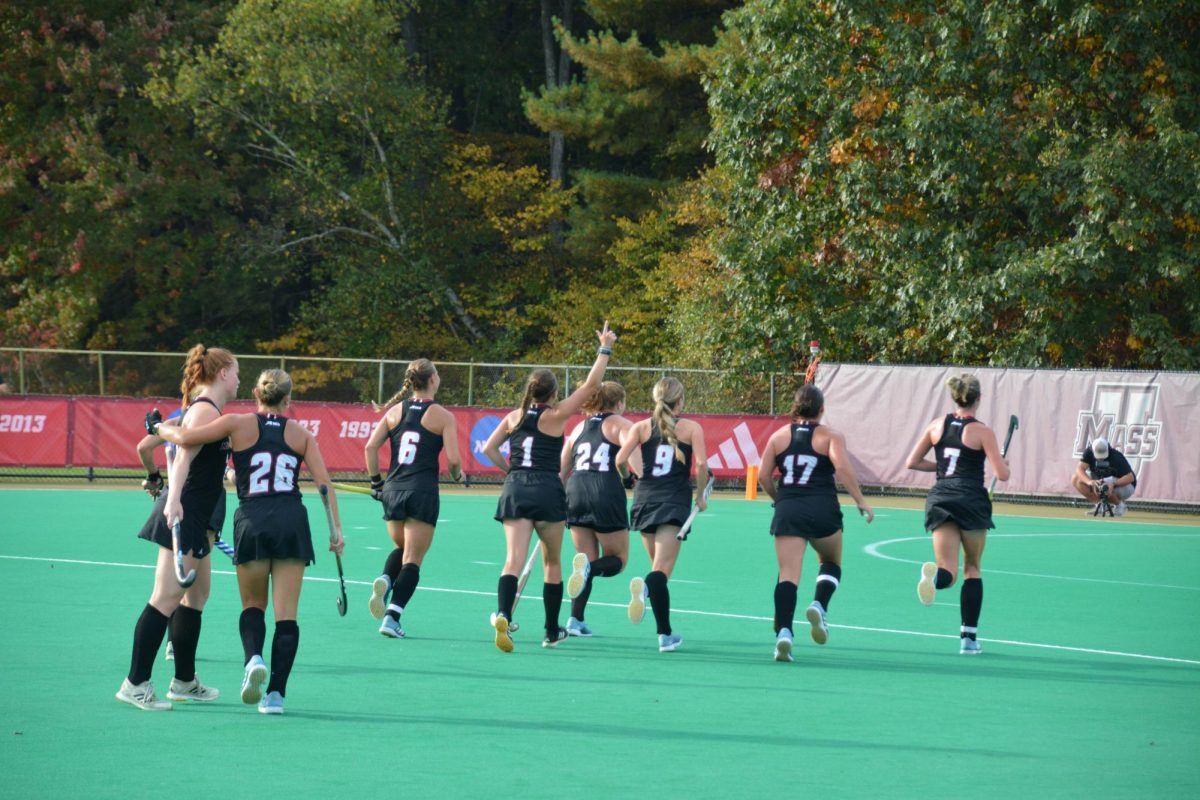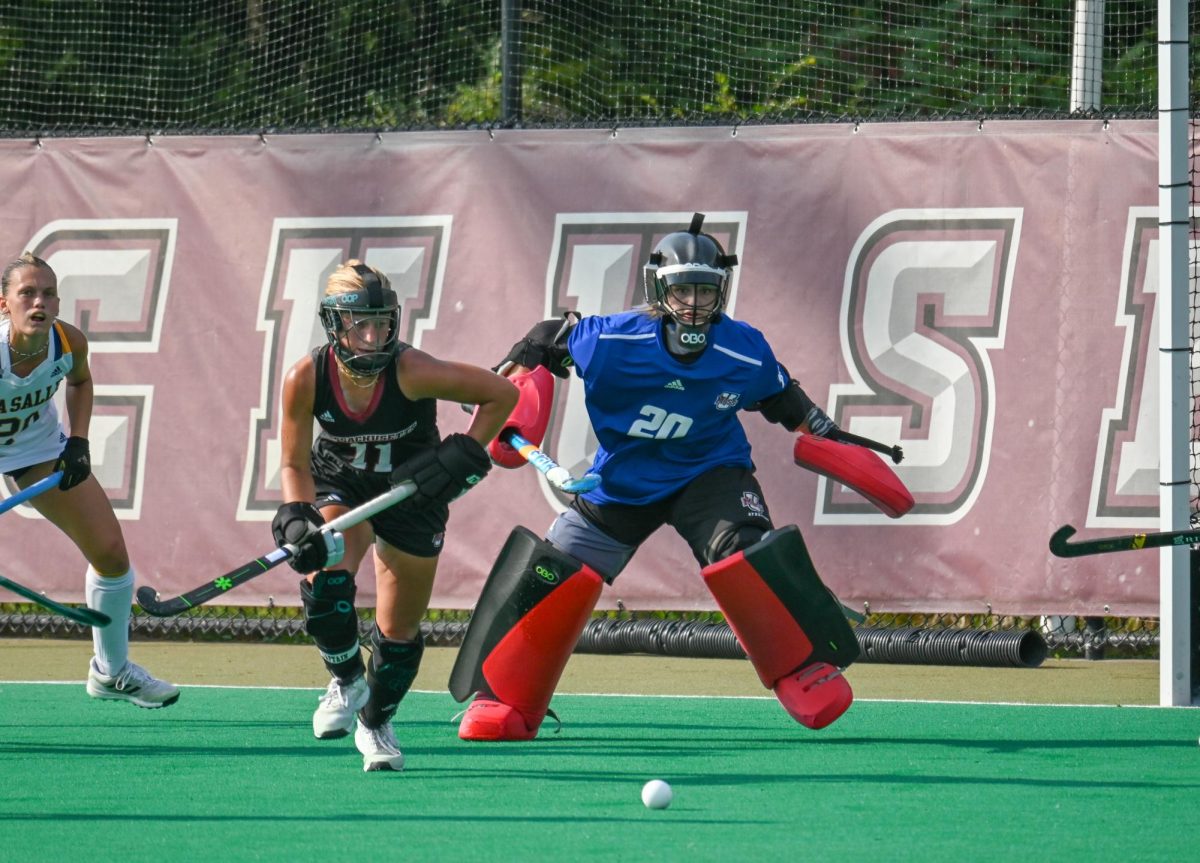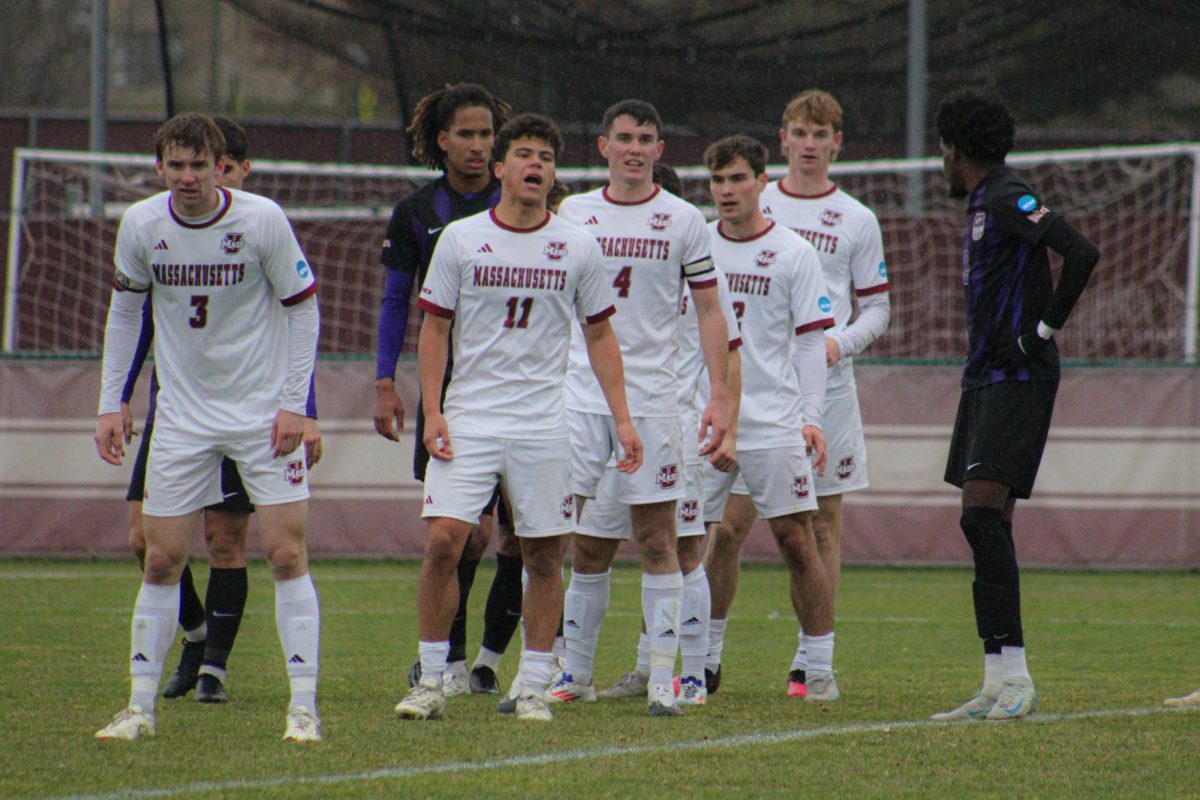
When I was a young girl growing up in a small Massachusetts town, I spent all my time reading. All the employees at my local library knew me, and I was frequently begging them to let me check out just one more book when I’d reached the limit on my library card.
That all changed somewhere along the blurred lines of middle and high school. I stopped reading for fun. I could barely even muster up the energy to read textbooks or other school-related literature. I spent several years reading the bare minimum of what I had to. I would skim schoolbooks and glance at headlines. I had become a product of the fast-paced, technology-based world that we live in.
Throughout these years, I maintained a steady collection of books that I purchased but never read. They sat in my room with pristine, untouched pages, collecting dust. Recently, I picked up one of these books, sat down, and read it cover to cover. From then on, I was hooked. I was reminded once again of my childhood and how wonderful it is to be able to engross yourself in a work of literature. I want everyone to have that same feeling as me, whether they read sci-fi, chick-lit or autobiographies.
A lot of my reluctance to read before had to do with the rapid growth of the technological industry. I had a laptop, a smartphone, a Kindle (that I didn’t use for reading) – everything I needed in order to spend my life procrastinating on the Internet or playing useless games. My attention span dwindled to a pathetic low.
But I’m not going to blame everything on technology, because that’s just my personal experience. I think that for a lot of individuals, their hatred for reading stems from societal pressures. From birth, children are pushed to be the best of the best. They’re forced to follow a timeline that often isn’t developmentally possible. Sometimes kids go into kindergarten already reading chapter books; other times they can’t physically read until the age of seven. A first-grader who doesn’t have the ability to read yet isn’t any less intelligent, but he or she will definitely feel that way. Society creates a feeling of inferiority and some children believe they are behind everyone else.
Plus, school probably made you hate reading. School is supposed to be a positive atmosphere for learning and educational growth, but let’s face it, a lot of the time it is not. There are second graders who think they’re stupid because they’re slow readers. These kids should be enjoying life instead of stressing about the future at such a young age.
Not only that, but the way schools approach literature has led many people to dread it. We read books in middle and high school and expected to be tested on them. It was as if we were being told that the meaning didn’t even matter – only random, tiny details English teachers pick up on and create quizzes about did. Countless students every year read SparkNotes or Shmoop to get the gist of the books they didn’t actually read in class, because it doesn’t really matter as long as you can answer basic questions or write a mediocre essay about the book.
Reading can be fun; most people just weren’t taught to appreciate it. But you can get rid of the negative traits that you learned throughout your years of schooling if you really want to. Spend as long as you want reading a book. Don’t worry if you stumble over some words in your mind. If you don’t understand something, look it up. Do close readings. Take your time. Laugh and cry and appreciate life and read. There’s so much beautiful literature out there in the world and you deserve to read it.
Gabby Vacarelo is a Collegian columnist and can be reached at [email protected].

















